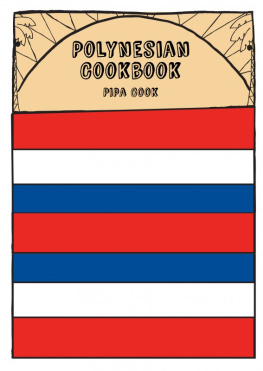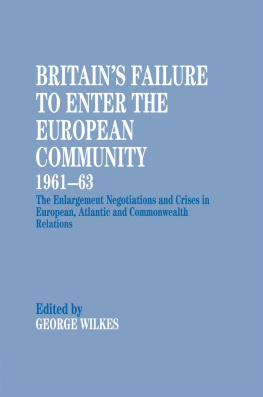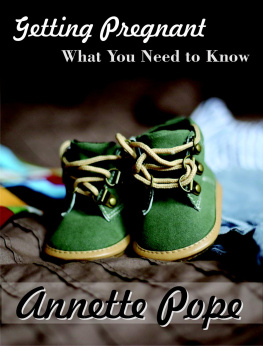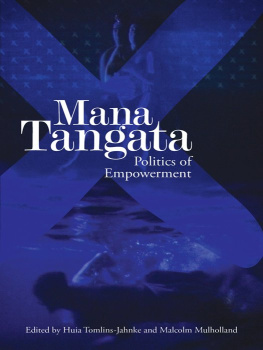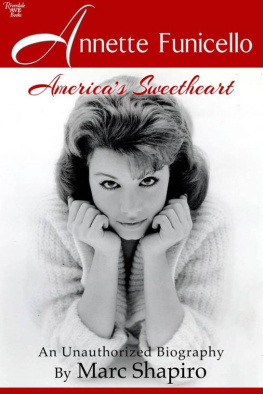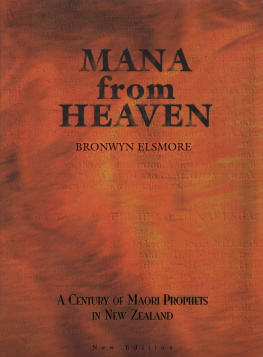
Honour, Mana, and Agency in PolynesianEuropean Conflict
Focusing on the era of first encounters in Polynesia, this book provides a fresh look at some of the early contacts between indigenous people and the captains and crews of European ships. The case studies chosen enable comparison of New Zealand MoriEuropean transactions with similar Pacific ones. The book examines the conflict situations that arose and the reasons for physical violence, highlighting the roles of honour, mana, and agency. Drawing on a range of archival materials, sailor and missionary journals, as well as indigenous narratives, Wilkes applies an analytical method typically used for examining much more recent conflict. She compares different ways of seeing and knowing the world and reflects on the reasons for poor decision-making amongst all the social actors involved. The evidence presented in the book strongly suggests that preventing violence promoting and negotiating peace happens most effectively when mana and honour are acknowledged between parties.
Annette Wilkes has a PhD in anthropology from the University of Canterbury, Christchurch, New Zealand.
Anthropology and Cultural History in Asia and the Indo-Pacific
Series editors: Pamela J. Stewart and Andrew Strathern
This series offers a fresh perspective on Asian and Indo-Pacific Anthropology. Acknowledging the increasing impact of transnational flows of ideas and practices across borders, the series widens the established geographical remit of Asian Studies to consider the entire Indo-Pacific region. In addition to focused ethnographic studies, the series incorporates thematic work on issues of cross-regional impact, including globalisation, the spread of terrorism, and alternative medical practices.
The series further aims to be innovative in its disciplinary breadth, linking anthropological theory with studies in cultural history and religious studies, thus reflecting the current creative interactions between anthropology and historical scholarship that are enriching the study of Asia and the Indo-Pacific region. While the series covers classic themes within the anthropology of the region, such as ritual, political, and economic issues will also be tackled. Studies of adaptation, change and conflict in small-scale situations enmeshed in wider currents of change will have a significant place in this range of foci.
We publish scholarly texts, both single-authored and collaborative, as well as collections of thematically organised essays. The series aims to reach a core audience of anthropologists and Asian Studies specialists, but also to be accessible to a broader multidisciplinary readership.
Recent titles in series include:
Islamic Spectrum in Java
Timothy Daniels
My God, My Land
Interwoven Paths of Christianity and Tradition in Fiji
Jacqueline Ryle
Honour, Mana, and Agency in PolynesianEuropean Conflict
Annette Wilkes
www.routledge.com/Anthropology-and-Cultural-History-in-Asia-and-the-Indo-Pacific/book-series/ASHSER1241
Honour, Mana, and Agency in PolynesianEuropean Conflict
Annette Wilkes
First published 2019
by Routledge
2 Park Square, Milton Park, Abingdon, Oxon OX14 4RN
and by Routledge
52 Vanderbilt Avenue, New York, NY 10017
Routledge is an imprint of the Taylor & Francis Group, an informa business
2019 Annette Wilkes
The right of Annette Wilkes to be identified as author of this work has been asserted by her in accordance with sections 77 and 78 of the Copyright, Designs and Patents Act 1988.
All rights reserved. No part of this book may be reprinted or reproduced or utilised in any form or by any electronic, mechanical, or other means, now known or hereafter invented, including photocopying and recording, or in any information storage or retrieval system, without permission in writing from the publishers.
Trademark notice: Product or corporate names may be trademarks or registered trademarks, and are used only for identification and explanation without intent to infringe.
British Library Cataloguing-in-Publication Data
A catalogue record for this book is available from the British Library
Library of Congress Cataloging-in-Publication Data
A catalog record has been requested for this book
ISBN: 978-0-367-02622-6 (hbk)
ISBN: 978-0-429-39868-1 (ebk)
Typeset in Times New Roman
by Newgen Publishing UK
Contents
Violence and Peace-Making: The Contingent Pathways of Action
We are very pleased to add Annette Wilkess remarkable book on early relationships between indigenous Pacific Islanders and Europeans to our Anthropology and Cultural History in Asia and the Indo-Pacific series we founded, and in which as the continuing series editors we have shepherded 17 previous titles to publication. The topic Wilkes has chosen is complex and much discussed in publications both by anthropologists and historians. Wilkes has made a highly significant entry into this field of scholarship by focusing on the precise conditions under which physical violence became or did not become a part of the interactions she investigates. Her analysis operates continuously on two different planes: first, the records and narrative accounts of what happened, often involving differences of observation and interpretation on the part of the actors; and second the ontological life-worlds of the actors, with marked and momentous disparities between the Pacific Islanders (Maori, Moriori, and Hawaiians) and the European explorers (British, French) who were venturing into their territories.
Wilkes erects a very thoughtful and comprehensive apparatus criticus in approaching her account. She considers all narratives as important, and none as definitive. She aims to interpret the actions of both sides, indigenous and European, in terms of both their ontological world views and their personal choices. Further, she carefully probes the concept of violence itself and especially in relation to Maori ideas, where she convincingly extends the concept to include actions which Maori could have considered as forms of theft that damaged mana, or personal power and status, of local social actors. With this vigorous and explicit attention both to theory and to the practices of all those involved, she proceeds to a detailed sequential account of events. In all cases she is careful to emphasise both the intercultural issues and the contingent and individual decisions made. Where these decisions violated indigenous or European codes of conduct, violence in the form of physical attack was made more likely. She is also careful to point out that, at all stages, retributive or repair action could be taken to turn relationships either towards further violence or towards peace-making, for which the Maori, at any rate, had several templates or models that could be followed. The disparity in weapons is also evident. Too often, a turn to physical violence was precipitated by individual European actors prematurely, unwisely, or mistakenly firing their guns, each act of this kind leading to the escalation of conflicts.
Most impressively, Wilkes unravels the meaning of the interactions from an indigenous viewpoint. For the Maori, the central value at stake was the




